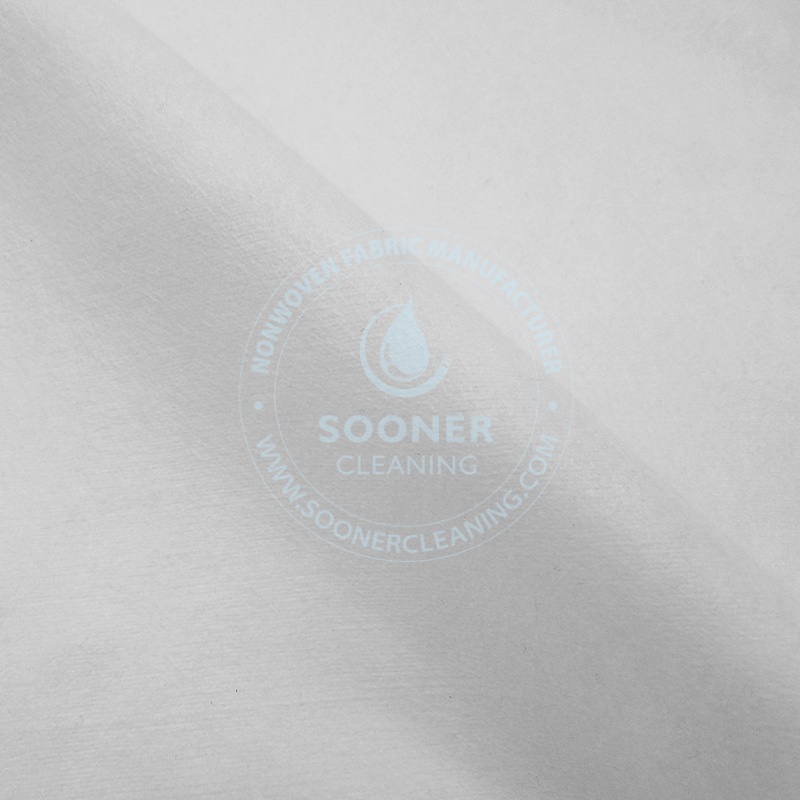Wet wipes are common cleaning products in our daily life, which provide us with a convenient and quick way to clean. However, the use and disposal of wipes has attracted widespread attention in recent years. As environmental awareness grows, flushable wipes have emerged as a more environmentally friendly option. In this regard, EDANA GD4 certification has become an important criterion to measure the compliance of disposable wipes with environmental standards.
I.Definition of flushable wipes
Flushable wipes, also known as ‘biodegradable wipes’, are wipes that can be safely flushed down the drain and decompose quickly in water after use, avoiding long-term pollution of the environment. Unlike traditional wipes, which often contain synthetic materials (e.g. plastic fibres) that are difficult to break down in the natural environment, they contribute to water pollution and waste accumulation. Flushable wipes are therefore designed to avoid these problems and they are often made from natural fibre, biodegradable materials that are better for the environment.
II.Significance of EDANA GD4 certification
EDANA stands for European Disposables and Nonwovens Association. Founded in 1971 to promote development and innovation in the nonwovens industry, EDANA has developed a series of standards to ensure the safety, environmental friendliness and quality of nonwovens products.
GD4 Certification is EDANA's certification standard for flushable wipes, known as the ‘GD4 Wet Wipes Standard,’ which focuses on the water solubility and biodegradability of wipes. According to the standard, the wipes must be able to break down in water in a short period of time without blocking drainage systems or causing a long-term burden on water bodies. Wipes that pass this certification ensure that they do not pollute the environment after use.
III.Requirements for EDANA GD4 certification
In order to obtain GD4 certification, the wipes product must fulfil several key requirements:
Water solubility: wipes must be able to break down quickly without forming aggregates to avoid clogging the sewerage system.
Biodegradable: Wipes must be able to be degraded by microorganisms in the environment and not persist in the natural environment for long periods of time.
No Harmful Substances: Wet wipes must comply with health and safety requirements, and do not contain chemical substances that are harmful to the human body and the environment.
Compliance with wastewater treatment standards: the decomposed substances of wipes must be suitable for wastewater treatment systems to ensure that they do not cause problems for wastewater treatment equipment.
IV.Advantages of flushable wipes
Reduced pollution: flushable wipes are designed to reduce environmental pollution. Unlike traditional wipes, they decompose after disposal, avoiding long-term impacts on water bodies and soil.
Suitable for modern lifestyles: As urbanisation progresses, more and more people are choosing to use wipes for cleaning and care. Flushable wipes not only meet the daily cleaning needs, but also better adapt to the fast-paced lifestyle and avoid environmental problems.
Reducing the burden of waste: The use of flushable wipes can help to reduce the pressure on landfill sites, as they are able to decompose in a short period of time, reducing the accumulation of solid waste.
V.Challenges of flushable wipes
Despite the significant environmental benefits of flushable wipes, there are still some challenges:
Higher production costs: Due to the use of biodegradable raw materials, the cost of manufacturing flushable wipes is usually higher, which may result in a relatively high market price.
Consumer Awareness: Consumer awareness of flushable wipes is weak and some users are still accustomed to using traditional wipes, ignoring their environmental impact.
Promoting and enforcing standards: Despite the existence of standards such as GD4 certification, global implementation and penetration is still difficult. Manufacturers in some regions may fail to comply with environmental regulations.
VI. Summary
Flushable wipes are becoming increasingly popular with consumers as a greener alternative. With EDANA GD4 certification, consumers can be more confident in choosing wipes products that comply with environmental standards to minimise their impact on the environment. However, a concerted effort by consumers, manufacturers and regulators is still needed to make this eco-friendly choice more widely available. By popularising the use of dispersible wipes, combined with stricter environmental standards, we can do more to protect the environment.


